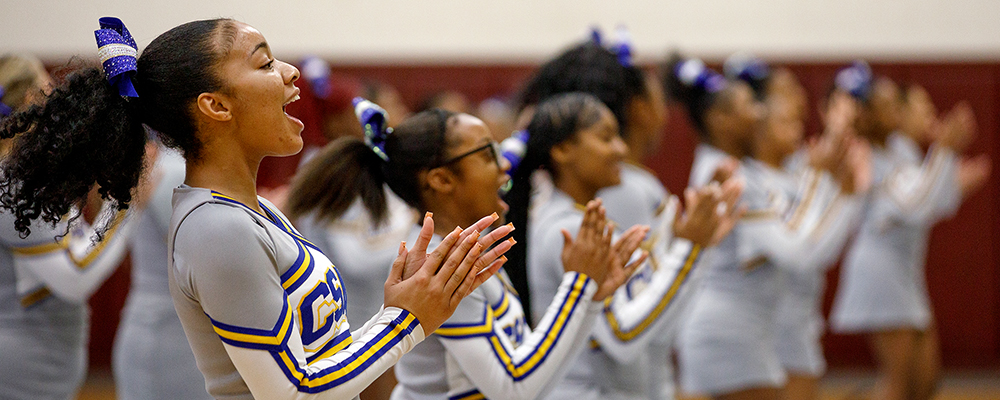
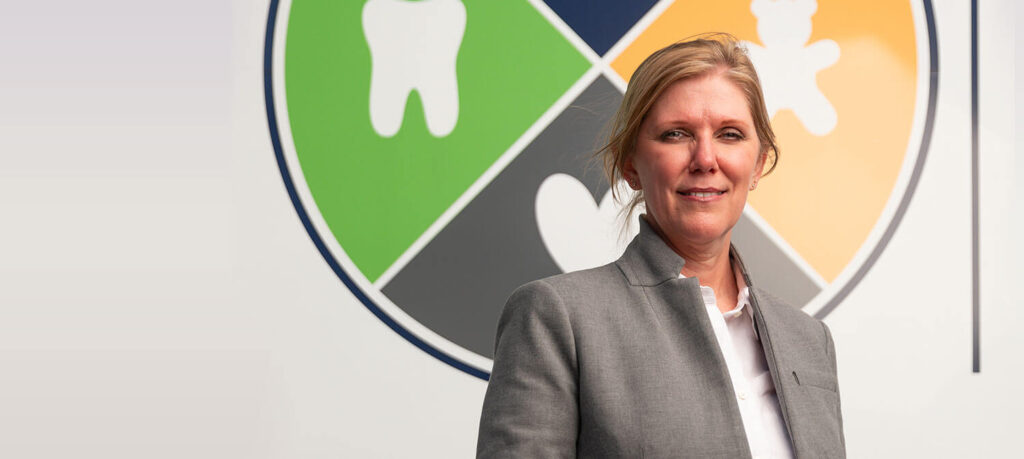
By Jessica Willingham
Pick a card, any card.
This is how patients used to check into Good Shepherd, a doctor’s office converted from a small house in Ardmore, Oklahoma, in 1996. The living-room-turned-waiting-room was packed as each hopeful patient drew a playing card from a deck. When the cards ran out, so did appointments. Runny noses, fevers, coughs, troublesome toothaches — the kinds of needs not easily met by hourly wages — gathered 85 patients a week for a mere 52 slots.
For low income families unwilling to gamble on their health, the Good Shepherd free clinic was a sure bet. The clinic didn’t make money, so you wouldn’t see ads in the local paper. The medical staff, administrative support staff and board of directors were local volunteers. By word-of-mouth and grace, people flocked to Good Shepherd.
“We couldn’t be sustainable through grants alone, so we didn’t tell people what we did,” says Teresa Myers, CEO of Good Shepherd. “Our patients came to us from word-of-mouth. Good Shepherd was a best-kept secret.”
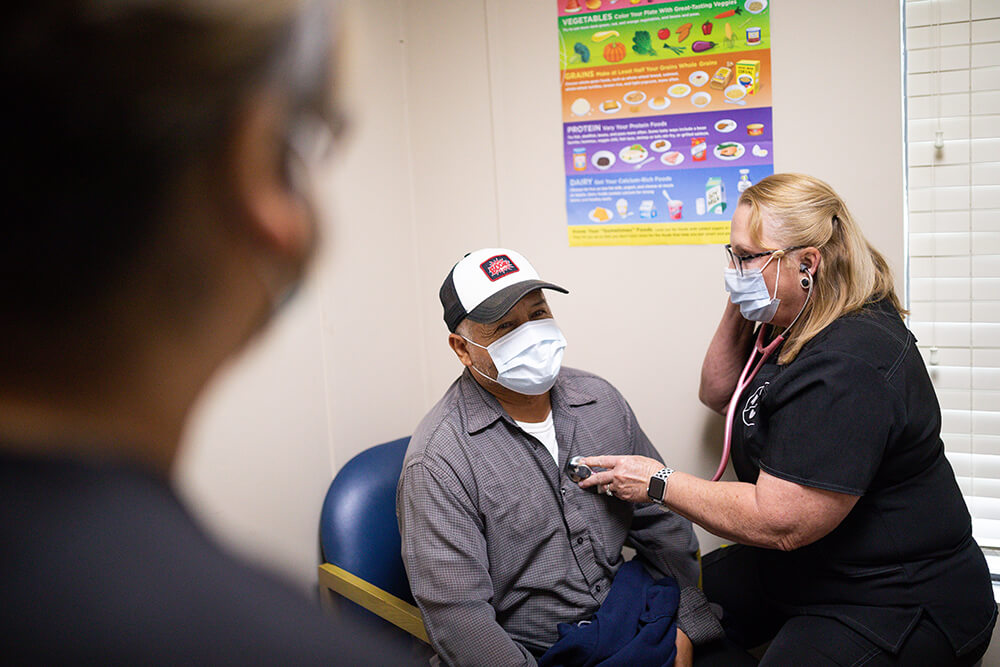
Myers came to the organization after losing a family member to cancer in 2013. Her difficult journey as a caretaker gave her a new mission: to transform rural healthcare from a reactive system to a source of preventative care, wellness and connection for a whole community.
A grant writer position came open at Good Shepherd, and Myers applied. Nine months later, she was CEO.
“I had never run an organization in my life,” Myers says. “But I love Jesus a whole lot, and I felt that he pressed upon my heart and said, ‘Remember that thing you’re ticked off about? I’d like you to fix that, please.’ And I said, ‘I don’t know how to do that. I don’t know what I’m doing.’”
Myers and team began researching ways to do more. Becoming a charity clinic was the first step. The clinic, which is now known as the Good Shepherd Community Clinic (GSCC), started offering services at a small sliding scale to generate revenue and expanded services beyond common colds and tooth extractions. Volunteers became a paid, growing staff. For every 400 patients, the GSCC required a new exam room. For every 1,500 new patients, GSCC required another provider. Myers needed more space, more doctors and nurses, and more money.
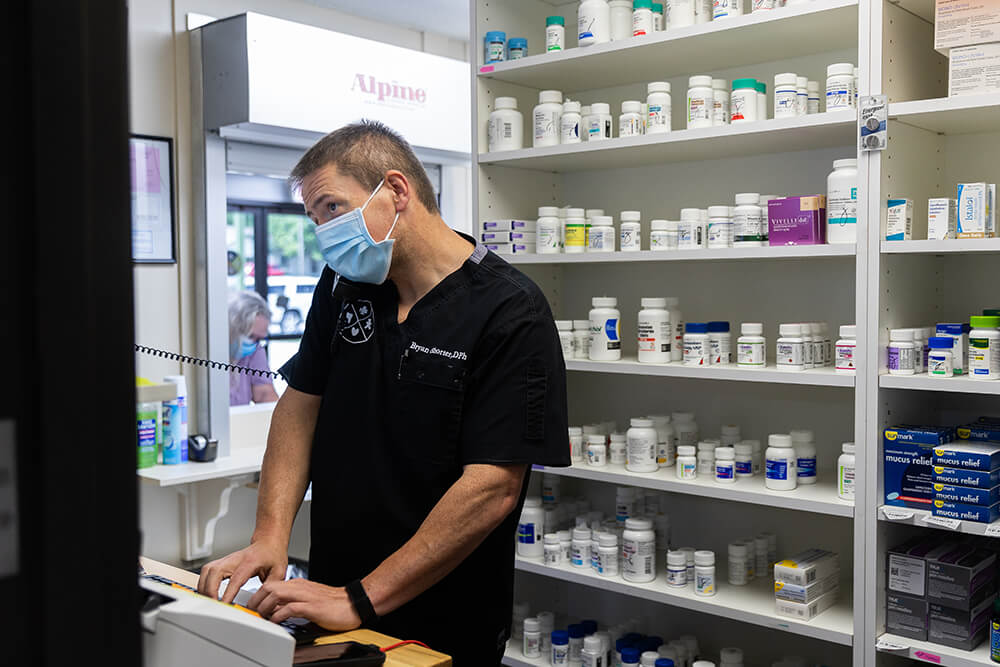
In 2014, GSCC moved to become a federally recognized community health clinic to help fill a gap in rural medicine. Low income families on Medicare and Medicaid must navigate a complicated road to health, Myers says. Deductibles are often impossible to meet on basic income, and access to providers is limited because private practices can’t afford to operate on Medicare or Medicaid reimbursements. But Good Shepherd can.
Along the way, The Samuel Roberts Noble Foundation, which had supported the clinic since it was established, provided funds to help GSCC as it increased its capacity to serve the community. In 2019, Noble gave $90,000 in operational support.
“The Noble Foundation allows us to keep our doors open,” Myers says. “We’re a service-based organization, which can make it difficult to find support. Many foundations want to see a project created or something new to give money to. But it’s people that do things. Noble has supported us so we can take care of others.”
Today the 32-person staff of doctors, dentists and wellness experts operate a $3 million budget to serve nearly 3,500 south-central Oklahoma patients annually. GSCC offers full dental and pharmaceutical services, pediatrics, and women’s wellness. Anyone, regardless of status or insurance, can become a patient.
“All of us together know we have a mission here, and the mission is bigger than any one of us,” Myers says. “One of the things we do best here is break down barriers. We don’t turn anybody away. When we do that, we can transform healthcare.”
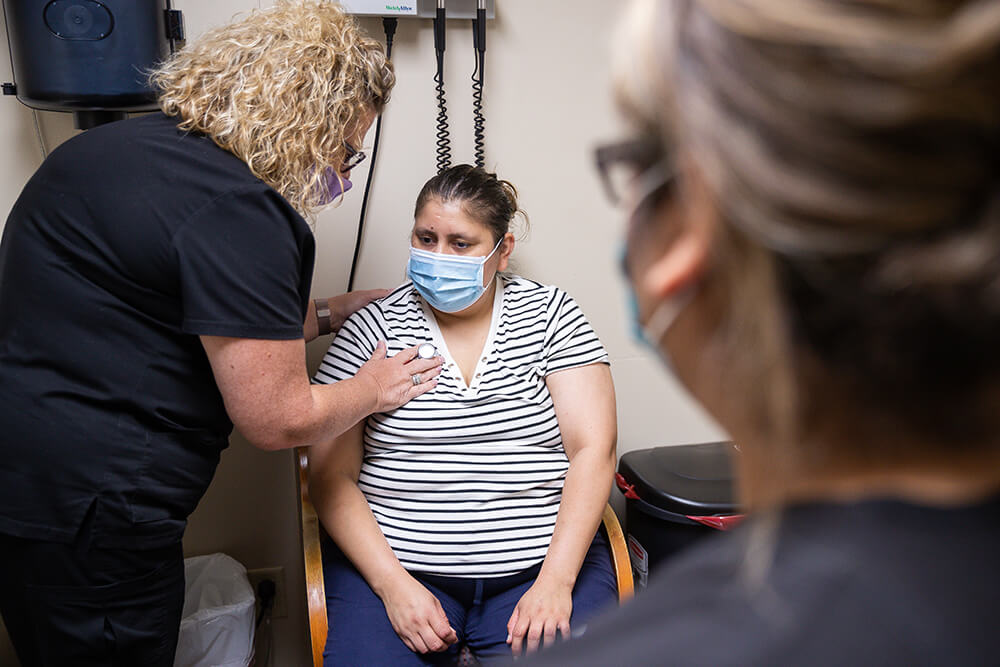
If you see someone walking down a rural road, you might mistake them for a hitchhiker. GSCC sees a different person: a cardiac patient, walking 17 miles to make an appointment at Good Shepherd.
Funding is about so much more than medical services, Myers says. Social factors like transportation, food, housing, literacy, mental health and addiction determine the health of a community. Through donations, grants, and ingenuity from staff and Ardmore’s medical community, patients are able to receive whole care — from a cab ride home to life-changing reconstructive surgery following a double-mastectomy.
This desire to build a healthier community, not just be a doctor’s office, has inspired GSCC’s goal to build a new wellness center accessible to everyone. In 2019, the Noble Foundation pledged $150,000 toward the $11 million project, which is expected to break ground in 2020. The center will feature a teaching kitchen, kid zone, outdoor playground and a walking track circling 4 acres.
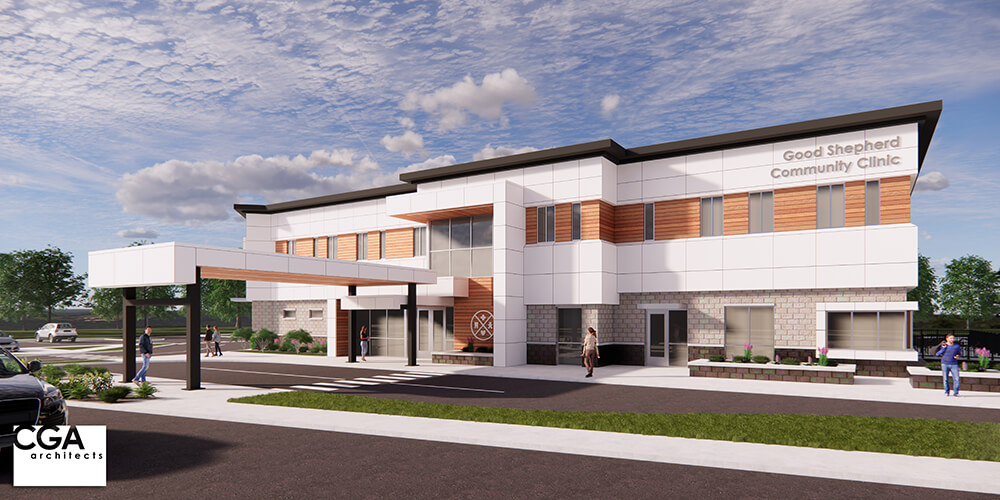
“There is nothing more important to our families and communities than our health,” says Stacy Newman, Noble Foundation program officer. “This one project will impact thousands of lives each year and better our communities in a meaningful way.”
Myers is excited for the future, including the possibility of a whole and healthy southern Oklahoma. The new wellness center is slated to open in 2021, just in time for GSCC’s 25th anniversary.
For now, Good Shepherd is in a modular building at a busy intersection in Ardmore. Nurses work in a crowded back hallway — some are filling out paperwork, others are studying for advanced certifications, and still others are hustling to get back to patients. University students are on clinical rotations and seeing public health at work for the first time.
“The goal of every nonprofit should be not to exist,” Myers says. “You solve polio. You eradicate cancer. Then you move on to the next thing. We build healthy people so they don’t need us.”
Stay up to date on all the ways the Noble Foundation is helping address agricultural challenges and supporting causes that cultivate good health, support education and build stronger communities.